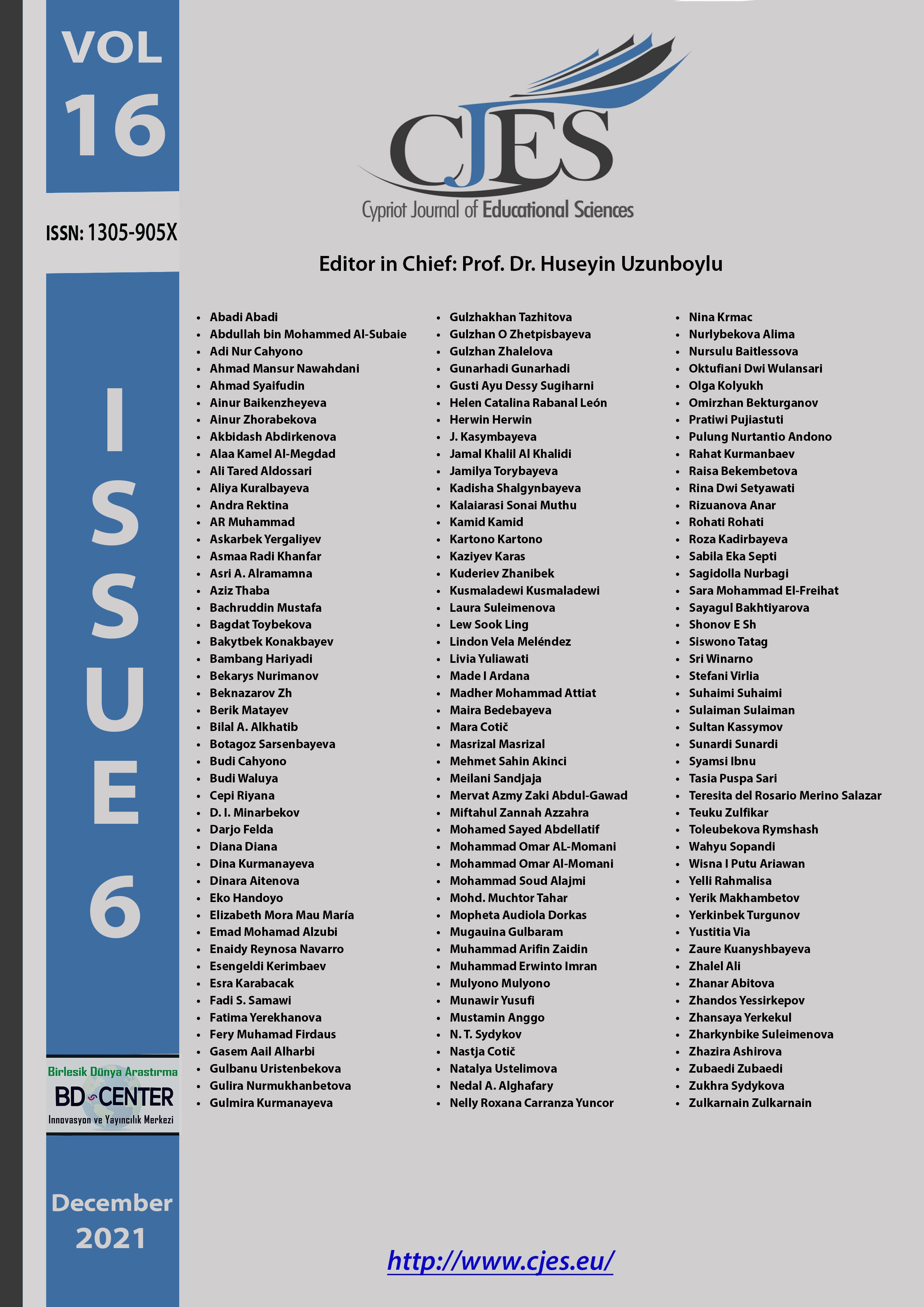Improving primary school teachers’ competence in teaching multi-literacy through RADEC-based training programs
Main Article Content
Abstract
The purpose of this research is to improve the competence of teachers in teaching multi-literacy through a training programme based on the Read–Answer–Discuss–Explain–Create (RADEC) learning model. This descriptive qualitative study was conducted in a private primary school in Bandung, West Java, Indonesia. The participants included were a teacher and 29 students (17 male and 12 female students, with an average age of 11 years). Documentations, observations and interviews were used as data collection. The data were analysed quantitatively and through the Rasch model. The results show that mentoring during the implementation of the RADEC model can increase teachers’ knowledge of multi-literacy learning and teachers’ skills in planning and implementing the RADEC model. It can be concluded that the RADEC learning model contributes to a positive change in student learning, promotes 21st-century skills and includes multi-literacy skills. Thus, trainers can use the RADEC learning model to enhance teachers’ ability in teaching multi-literacy.
Keywords: Multi-literacy, RADEC model, teachers’ competence
Downloads
Article Details

This work is licensed under a Creative Commons Attribution 4.0 International License.
Cypriot Journal of Educational Sciences is an Open Access Journal. The copyright holder is the author/s. Licensee Birlesik Dunya Yenilik Arastirma ve Yayincilik Merkezi, North Nicosia, Cyprus. All articles can be downloaded free of charge. Articles published in the Journal are Open-Access articles distributed under a CC-BY license [Attribution 4.0 International (CC BY 4.0)].
Birlesik Dunya Yenilik Arastirma ve Yayincilik Merkezi (BD-Center)is a gold open-access publisher. At the point of publication, all articles from our portfolio of journals are immediately and permanently accessible online free of charge. BD-Center articles are published under the CC-BY license [Attribution 4.0 International (CC BY 4.0)], which permits unrestricted use, distribution, and reproduction in any medium, provided the original authors and the source are credited.

